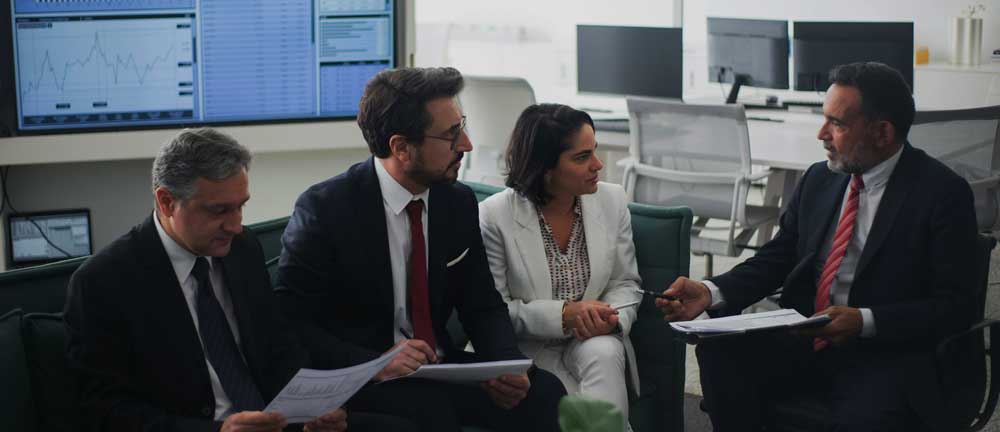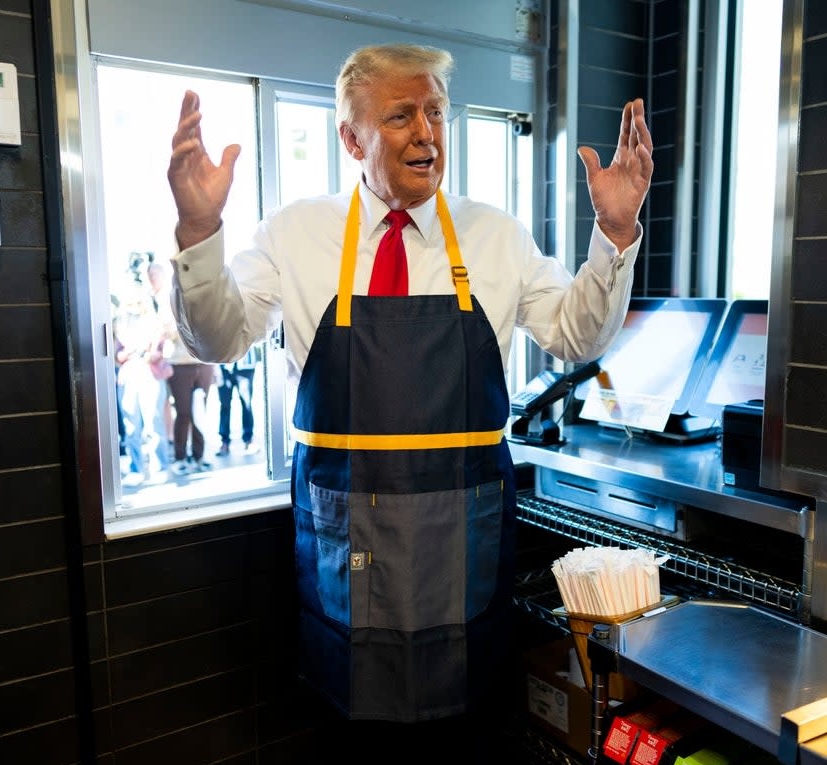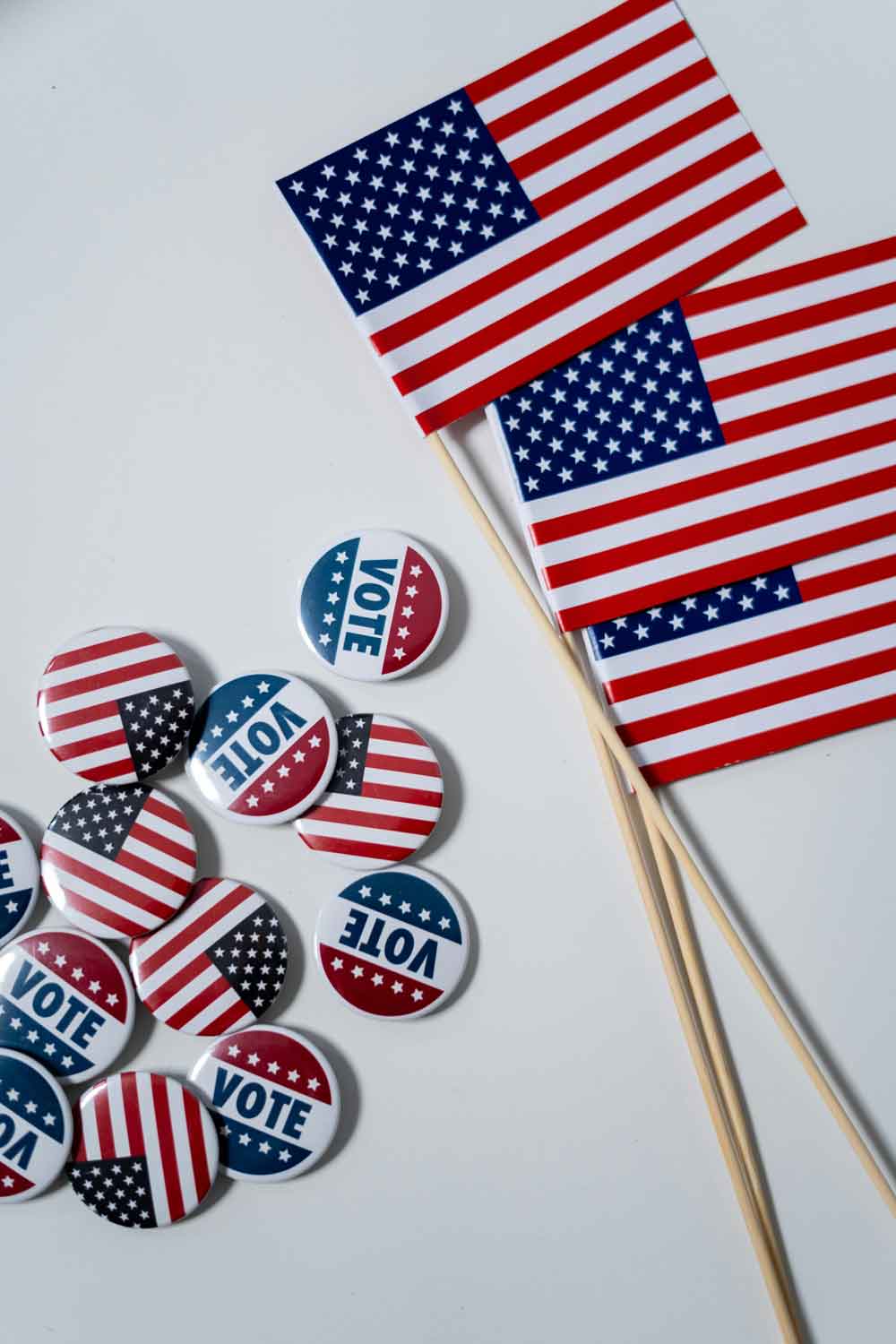Kamala Harris needs to go off script; her consultants need to get out of the way.
A headline in the Washington Post recently read: “Harris launches unscripted interview blitz after cautious roll-out.” What’s most telling about this is the use of “unscripted.” Given that most interviews with reputable news organizations are, in fact, unscripted, it’s clear the Post was subtlety jabbing her reticence to offer anything other than pre-packaged thoughts and comments, per her handlers.
The problem isn’t Vice President Harris, it’s her consultants.
This is coupled with the fact that there is an exceptionally short window until election day. This compressed timeframe to connect with voters didn’t offer enough opportunities for unstructured, deeper conversations. We really haven’t seen what we know is there: A thoughtful, deeper and a more meaningful candidate. Instead, what we saw was a good law student offering tight but thin answers.
Only in the past week or so have we seen her in significantly more press environments where she’s gone off-script, such as the Fox interview. But this still remains outside advertising. So with so much money at her disposal, perhaps we’ll see a closing argument via ads that shows voters a different candidate from the packaged one we’ve seen.
Fear of failure hovers over every political campaign. That’s why consultants tend to bubble-wrap their clients and demand they adhere to specific talking points. Any veering outside the margins runs the risk of failure. The goal is to check the box and move on. And with a rapidly closing window to reach voters, the pressure on consultants and the candidate to not make mistakes stifles any thoughts of offering up a deeper look at one’s thoughts and ideas. But in an election unlike any other, this strategy runs the risk of failing.

Fear of failure hovers over every political campaign. That’s why consultants tend to bubble-wrap their clients and demand they adhere to specific talking points
Political consultants follow the hoary playbook of simply addressing one or 10 issues at once. They don’t know how to drive emotion. That’s why every four years we see the same-old formulaic pablum born from research and polling. Basically, the consultant is instructing the candidate to “say this when they ask that.”
This is no way to get voters to “feel something” about the candidate. Voters need to love what she says, not just hear it. Ultimately, you’re trying to convince someone to get out of bed on one specific day and head to the voting booth. That’s a big ask. But it’s achieved with messaging that’s imbued with passion, emotion, and depth-of-thinking. You can’t get that reading from a script.
When it comes to messaging, Vice President Harris’ consultants have opted for packaging over passion. Great advertising can drive emotion, and it can communicate her vision and hope. Strong, creative advertising is one vehicle that allows you to capture the soul of a candidate. Unlike a stump speech, an effective ad will shine on light on how she thinks, what she’s feeling and how she’s going to help all of us.
Simply presenting herself as the alternative to Trump or as an acceptable proxy for the Stop Trump vote is not strong enough. Her problem won’t be solved through highly scripted soundbites and practiced answers in press interviews, and certainly not through the type of ads her campaign is running now.

Former President Trump does not face this problem. His brand has been cemented for decades. He’s his own pitchman and his product is certainly well known. He’s also relied less on his political consultants than any national politician in history.
For any politician running for office, the first Tuesday in November carries with it the urgency of a one-day sale. You have to appeal to millions of people to do something on a specific day. The next day is too late. You want voters to feel they’re making a mistake if they don’t vote for you, that they’re missing out on somebody terrific if they don’t bother to vote, or worse, vote for the other guy.
The answer isn’t to stuff 50 seconds of issues in a 30-second commercial or a 15-second sound-bite, but rather emotional, in-depth looks at how she arrived at her stance on individual issues. When she said she owned a Glock, many were shocked, but it revealed a little piece of her that most hadn’t imagined or seen before. It was so unexpected – and effective – that it immediately made you think there’s no way that was scripted.
“I have a Glock. And I’ve had it for quite some time…My background is in law enforcement…”
– Vice President Kamala Harris
We offer this up because our agency has worked on several political campaigns – ranging from Senate races (most notably, Hillary Clinton’s first run) to gubernatorial and mayoral races in New York. We’ve worked with consultants and have seen how fear dictates communication.
Great advertising can certainly tip an election. Political advertising has certainly moved on from LBJ’s frightening “Daisy” and Reagan’s comforting “Morning in America” spots that were created by advertising professionals and not consultants. It’s also worth pointing out that both those guys won that year.
DeVito/Verdi has long been involved in political advertising for a number of issues and campaigns. The agency has worked for several candidates, including Hillary Clinton’s successful run for the U.S. Senate, as well as two gubernatorial races, two NYC mayoral races and a number of ballot issues and initiatives. Our work on the political front has been reported extensively in The New York Times, The New York Observer, USA Today and others.
